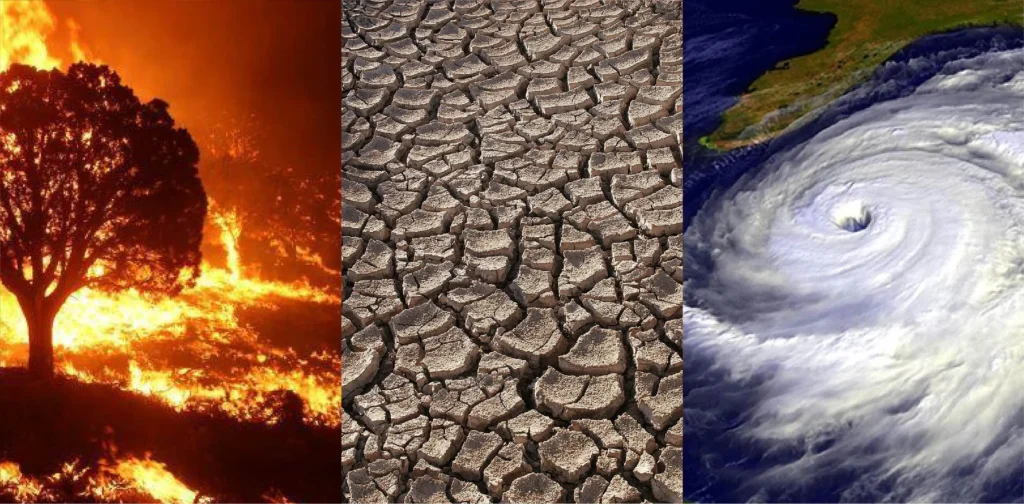Climate Change: The Unassailable Reality
Introduction:
In recent decades, the discourse surrounding climate change has intensified, with scientific evidence unequivocally pointing to the reality of global warming and its far-reaching impacts. In this essay, we will examine the overwhelming evidence supporting the existence of climate change, dispel common myths and misconceptions, and underscore the urgency of collective action to address this existential threat.

Scientific Consensus:
Climate change, also referred to as global warming, is a scientifically documented phenomenon characterized by the gradual increase in global temperatures over time. The overwhelming majority of climate scientists agree that climate change is real, and its primary cause is the accumulation of greenhouse gases in the Earth’s atmosphere, primarily from human activities such as burning fossil fuels, deforestation, and industrial processes. This consensus is supported by decades of empirical research, observational data, and sophisticated climate models, which consistently demonstrate the warming trend and its correlation with human-induced emissions.
Observable Effects:
The impacts of climate change are manifesting in various ways across the globe, from melting polar ice caps and rising sea levels to extreme weather events such as heatwaves, droughts, hurricanes, and floods. These phenomena are not isolated occurrences but part of a larger pattern of environmental disruption and ecological imbalance. Moreover, climate change exacerbates existing challenges such as food insecurity, water scarcity, habitat loss, and public health risks, disproportionately affecting vulnerable populations and exacerbating socio-economic inequalities.

Debunking Denialism:
Despite overwhelming scientific evidence, climate change denialism persists among certain individuals and interest groups, fueled by misinformation, ideological bias, and vested interests in maintaining the status quo. Skepticism and dissent are inherent to scientific inquiry, but denialism that rejects established facts and consensus findings undermines efforts to address the climate crisis and threatens the well-being of present and future generations. It is essential to distinguish between genuine scientific debate and disingenuous attempts to sow doubt and delay action on climate change.
The Urgency of Action:
The reality of climate change demands urgent and decisive action at all levels of society, from individual behavior change to comprehensive policy reforms and international cooperation. Transitioning to renewable energy sources, reducing carbon emissions, promoting energy efficiency, and investing in climate-resilient infrastructure are essential steps in mitigating the impacts of climate change and transitioning to a low-carbon economy. Furthermore, adaptation measures, such as strengthening disaster preparedness, enhancing ecosystem resilience, and fostering climate-smart agriculture, are crucial for building resilience and protecting vulnerable communities.

Conclusion:
In conclusion, climate change is an undeniable reality with profound implications for the planet and its inhabitants. The scientific consensus on the existence and causes of climate change is unequivocal, supported by empirical evidence and peer-reviewed research. Acknowledging the reality of climate change is not a matter of opinion but a prerequisite for informed decision-making and effective action. By embracing the evidence, dispelling denialism, and mobilizing collective efforts, we can confront the climate crisis, safeguard the environment, and create a sustainable future for all.

